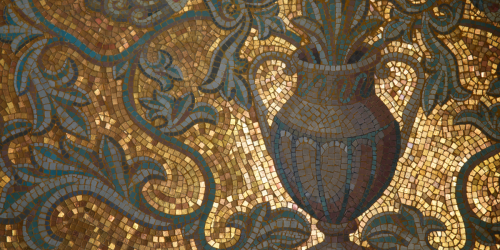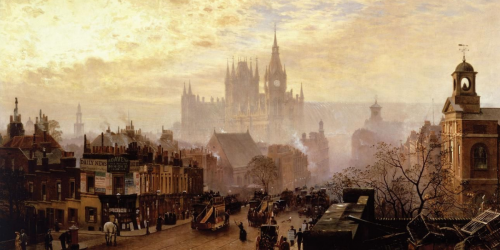
Never give up. Sometimes you only need one competition to recognise your talents - the Lucy Cavendish Fiction Prize could be the one to recognise yours
An interview with Susan Stokes-Chapman, author of Pandora, shortlisted at the 2020 Fiction Prize.
An interview with Briony Cameron, shortlisted for the 2021 Fiction Prize with The Ballad of Jacquotte Delahaye
How and when did you get into writing and have you taken any formal qualifications?
I’ve always loved to write. I started with little stories and comics when I was a kid, big fantastical journeys with larger than life characters, and I just never stopped. It took me a while to decide what I wanted to do at university. I took a gap year, did the first year of two different courses, but then I finally admitted to myself that I wanted to study what I actually loved. So I applied to an English and Creative Writing BA and learned to hone my craft. I think it really helped me to finally start taking my writing seriously.
What inspires you to write and what do you love writing about?
It’s hard to pin down my inspirations. I’ve always been drawn to characters who are usually pushed to the side of stories. The underdogs. I love to write about beautiful locations, both real and imagined. I think that’s what I love most about writing. Bringing characters and worlds to life, letting them breathe and grow until they’re something entirely new and so different from what I first imagined.
How did you hear about the Lucy Cavendish Fiction Prize and what made you enter?
I first heard about the Lucy Cavendish Fiction Prize when I was longlisted for the Penguin WriteNow competition. So I went away and did some research into the Prize and its history, the legacy left by previous winners and those who were longlisted and shortlisted. My novel was incomplete, but I saw that unfinished manuscripts were accepted and I wanted to give myself, and my story, that same chance.
How did you feel when you were selected for the longlist and then the shortlist?
I was shocked, honestly. Excited, but ultimately shocked. I’d been contacted just before the longlist announcement, as an agent from PFD was interested in speaking with me, so I did have a sneaking suspicion, but the news still floored me. I called and texted all my friends and family and we all screamed and celebrated together. Then the shortlist announcement came, far sooner than I’d expected, and I thought I’d read the email wrong. Before this, my work had never made a shortlist. It was overwhelming, to say the least, to have that recognition of my work, to know that it meant something to someone other than myself.
Has being involved with the Fiction Prize helped your writing career?
Being shortlisted really gave me a career boost. My manuscript was a work in progress when I entered, with only 26k words completed, but I was contacted by an agent from PFD and after some discussion, signed with them, and I’m now represented by Laurie Robertson. She really understands my vision for this novel, and we’ve been working on it together to get it ready for submission to publishers. I think being shortlisted for this prize really gave me the push I needed to recognise myself as a real writer and make that push to finish my manuscript.
What advice would you give other aspiring writers about their writing careers and then more specifically about entering the Fiction Prize?
I’m not entirely sure I’m qualified to give writing advice, but I think the most important advice I can give in life is to be kind to yourself. You’re constantly learning and changing and developing in everything that you do. And writing is the same. I was always told that real writers write every day, and it made me feel like a failure. I’m disabled, and oftentimes writing every day is just impossible. So I found ways around it. Writing is a skill, and like any other, it gets better with practice. But what is writing practice? It could be reading, or going for a walk, spending time with friends, playing video games or watching TV. Anything that makes you feel good. Your writing is your own, and it’s influenced by what you love, so why not do what you love and let it influence your writing? I think it always really shows when a writer allows themselves the time to grow as a person, because their writing grows with them.
As for entering the Fiction Prize, what do you have to lose? That’s what I told myself when I entered. You never know unless you try. I try to think of every submission as an achievement, and even a rejection should be considered an achievement. Entering prizes can be really beneficial to your writing, especially giving yourself a deadline and something to work towards. Just don’t count yourself out before you’ve even tried.
Briony is on Twitter as @BCWidow.
The 2022 Lucy Cavendish Cavendish Fiction Prize is now open for entries

An interview with Susan Stokes-Chapman, author of Pandora, shortlisted at the 2020 Fiction Prize.

Megan Davis, winner of the 2021 Fiction Prize with The Messenger, on her writing career and the benefits of entering a prize

Charlotte Wightwick, 2021 Fiction Prize shortlisted author, explains how writing plays an integral role in her life